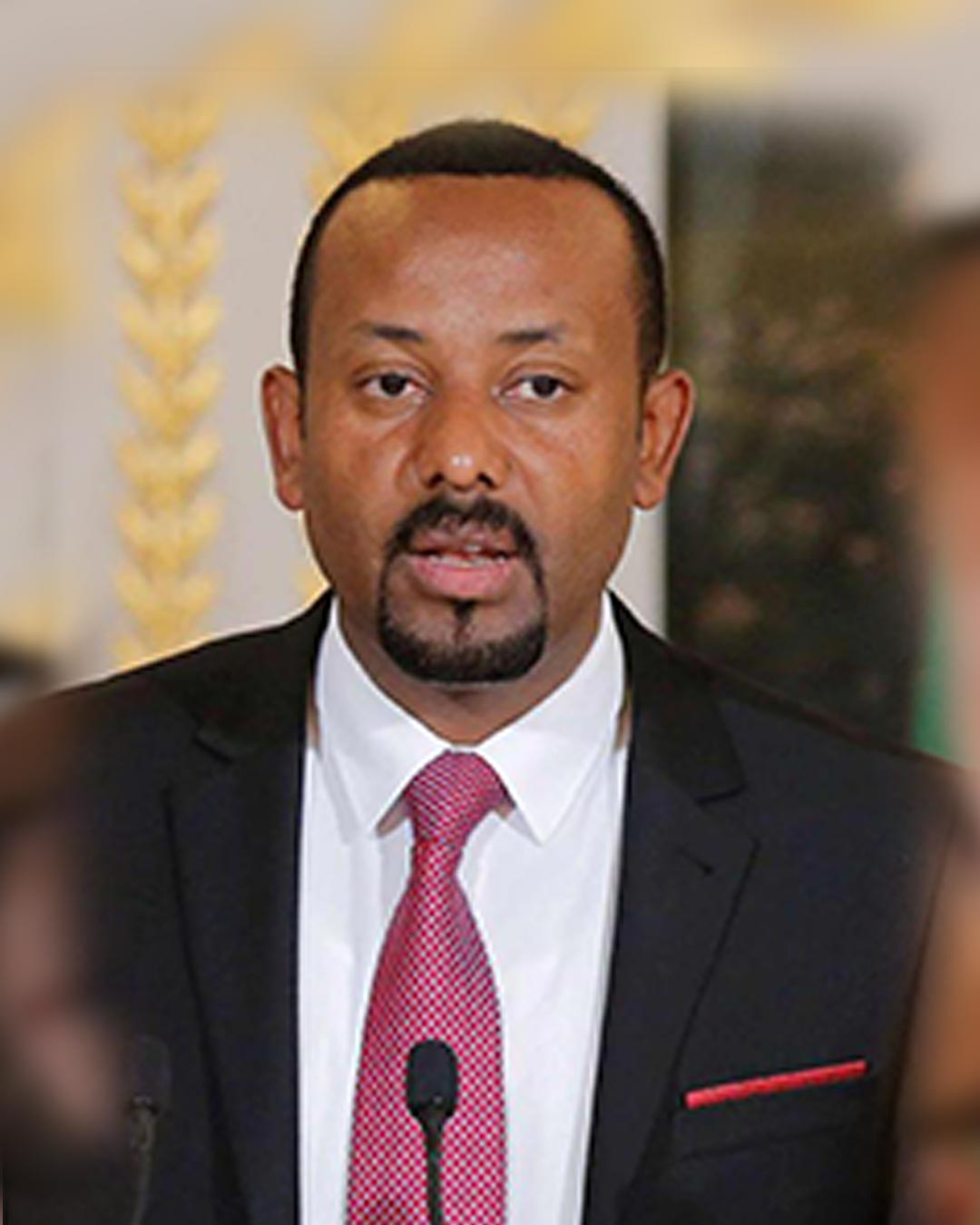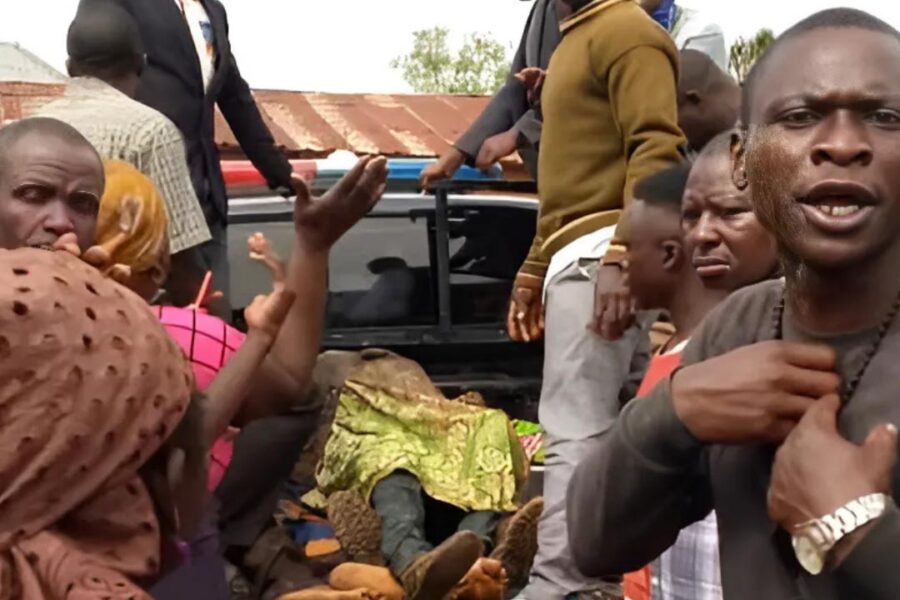In a deeply resonant address at the 2025 European Congress on Evangelism in Berlin, Ethiopian Prime Minister Dr Abiy Ahmed issued a stirring call for a revitalised, integrated vision of global mission. Addressing a diverse assembly of evangelical leaders, Dr Ahmed urged the Church to rediscover its core vocation — not merely as a guardian of belief, but as a living force for societal healing in a world fractured by ideology and hunger for lasting hope.
“The gospel is not only personal — it reshapes society,” he said, striking a tone both theological and urgent, weaving scripture with a sense of timely relevance.
Delivered on 15 June, his speech gained added significance by coinciding with Persecution Sunday — a convergence that underscored his appeal for a mission rooted in solidarity, compassion, and transformative engagement.
Challenging conventional narratives of mission as a one-way journey from the West to the global South, Dr Ahmed called for a fresh model — one of shared labour, mutual learning, and reciprocal leadership among churches across the global Church.
“We must reimagine the Church as a truly global family,” he said. “Our mission is not just to cross borders, but to build bridges between them.”
Recalling the early Church’s zeal, he spoke of a faith that went beyond proclamation — one marked by humility, partnership, and practical action. Quoting John 8:12, he reminded delegates of Christ’s own ministry: “He healed, He fed, He walked among the people — bringing light into every village and town.”
Dr Ahmed outlined a vision for restoring the Church’s credibility and relevance — centred on three guiding pillars:
- A deep spiritual renewal grounded in prayer and humility
- A return to values that affirm the dignity of every person
- A global ethic rooted in compassion and redemption that transcends race, class, and creed
“The evangelical movement,” he said, “must be known not just by its doctrines, but by its love, its service, and its ability to build.”
Echoing themes from the Congress keynote by Franklin Graham, Dr Ahmed reflected on the historical impact of evangelical Christianity — from the Reformation to the reformers. He invoked the legacies of John Wesley, William Wilberforce, William Carey, and David Livingstone — leaders whose faith brought not only salvation, but schools, hospitals, and systems of justice.
He also honoured the enduring influence of Dr Billy Graham, highlighting the Graham family’s special connection with Ethiopia and the broader role evangelicals have played in shaping education and governance across Europe.
The Prime Minister did not shy away from addressing the decline in Western missionary momentum. Calling it a moment for honest reflection, he urged delegates to return to the “ancient paths” spoken of by Jeremiah — not out of nostalgia, but because they still lead towards what is “good, just, and life-giving.”
Even as he offered critique, his message remained hopeful. Pointing to the dynamic growth of Christianity in the Global South, he spoke of the African Church as a beacon — a counter-narrative of vibrant faith, resilience, and prophetic witness.
“Our world is crying out for hope,” he said. “And carrying the legacy of those who came before us is no longer optional — it is our shared call.”
In closing, Dr Ahmed challenged the delegates to become modern-day Nehemiahs and Pauls — leaders willing to build and to labour, with courage and clarity, for the sake of the gospel.
“The harvest is great,” he reminded them, “but the workers remain few.”







